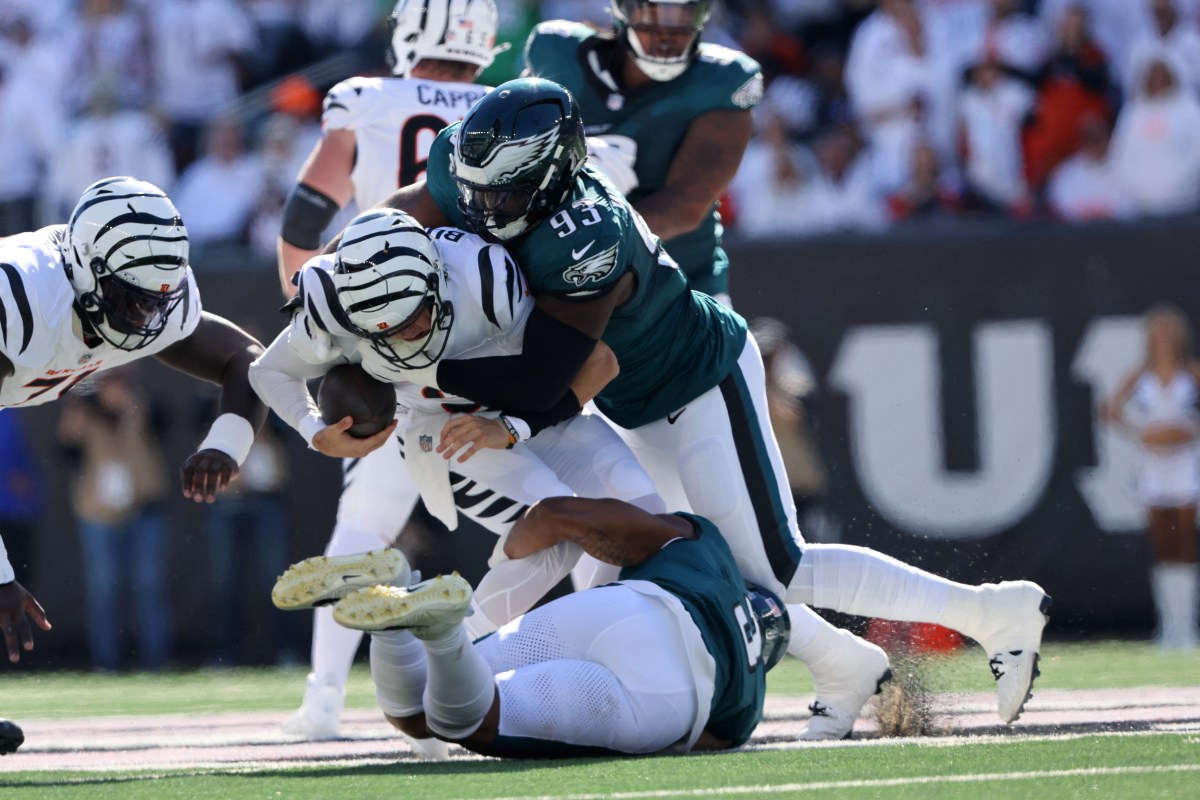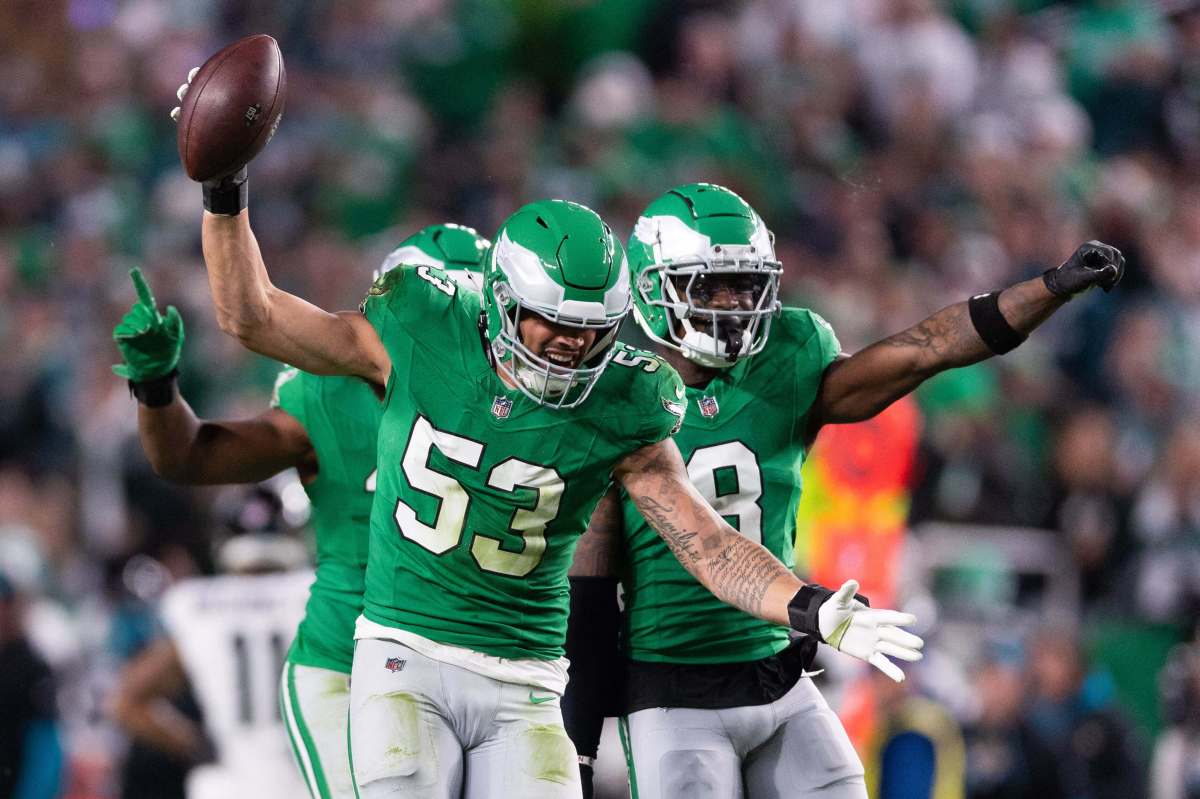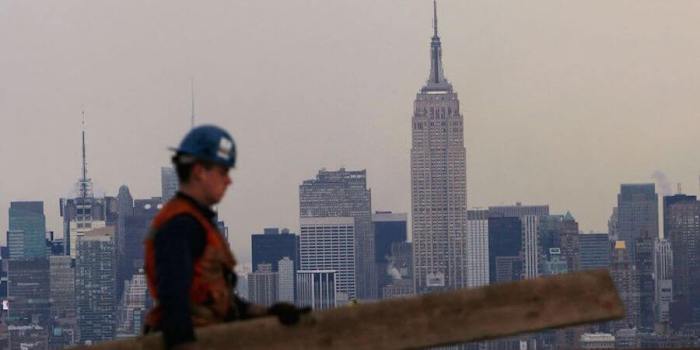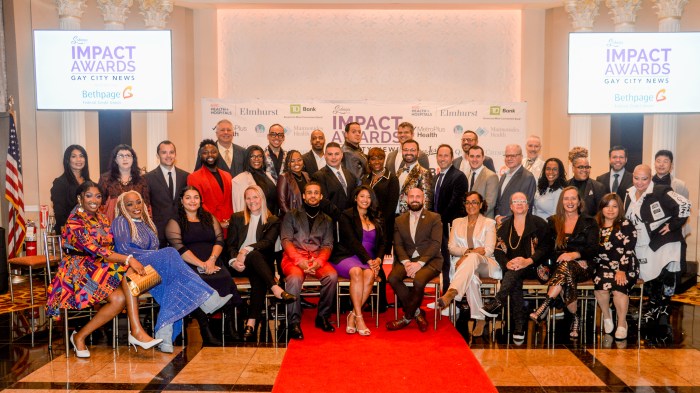Finn Witrock’s approach to handling being in an ensemble cast that includes Brad Pitt, Ryan Gosling and Christian Bale — all of whom star in Adam McKay’s “The Big Short” — is to make light of it. That way, he doesn’t have to focus on how intimidating it can be. “I get to share [the screen] with such mediocre actors, it’s really tough,” he says with a laugh. “I wish they were, like, a little more famous.” When you heard the whole list of this cast together, what was your reaction? RELATED:Adam McKay wants you to get angry about the 2008 economic crash again Adam has a very particular understanding of how to explain all of this. It’s kind of insidious that way. What do you think about the idea of making a movie that’s trying to make people angry? RELATED:Hamish Linklater finds the fun with economic catastrophe The guys portrayed in the film express a fair amount of regret for profiting off all of this. How frustrated do you get looking around today at how much hasn’t really changed? Follow Ned Ehrbar on Twitter:@nedrick
It’s like, “Uh, are you sure you want me there? Am I invited to that party?” You know, I always get an immediate sense of, like, “Uh oh” when I see a bunch of really famous people in a movie. But then I read the script, and I was just immediately sold. I was like, “I will do whatever I can to be a part of this” based on the way the story was told, the structure of it. I had a meeting with Adam before the audition, and usually you try to keep your cool, but I was just blatantly like, “I want to do this. I think it’s brilliant, I think it’s a work of genius and I think it’s going to change the world. So what can I do?”
I think that’s a big goal of the movie, to be an education without being didactic. And to make the average person at least understand the principles. Some of it is still incomprehensible to me, but I know the fundamental movements of what happened. Like I talked to the guy my character is based on, and he always gets to a point of complication where it just starts to be this incomprehensible jargon language. But that’s a big point in the movie, too, and the book. It’s purposely incomprehensible. They’ve clouded it in these terms and this jargon that’s supposed to make the average person’s mind numbed.
Yes. And that’s how they can get away with doing so much. When I finished the script I was so angry, and I think it should make people angry. And I think it’s good that there are these big names that you recognize passionately telling this story and trying to make you angry, because I think it’s going to help get the word out there. And every actor is so good in this. They were really behind it 100 percent. It’s different when it’s a story you really want to get out into the world.
It kind of ignites you with a sense of purpose, and it throws everyone behind it in a cool way because it’s a story that’s bigger than you so you really pull out all the stops. And yet I have to say it was really the most fun set I’ve ever been on, for sure. We were playing, we were bantering with each other, ad-libbing and trying stuff. It was very loose and creatively ripe. Adam brought that sort of improv sensibility to this very intellectually demanding material, and I think it gave it a kind of buoyancy and accessibility that it might not have otherwise.
I know, it is a bit of a moral conundrum. It takes the triumph out of making all that money. But I think in their minds, the plight of the American consumer was never the issue that they were worried about. It was never on their radar because they were just sticking it to the banks, and the strategy is to find out when the banks are wrong and bet against that. That’s how people make money and move money around every day. I don’t think they quite knew that the country was going to collapse quite that hard. But it was going to happen whether they were there or not. But they did make a lot of money when the rest of the country lost everything, but it’s more complicated than it sounds.
What’s really frustrating is that people weren’t more frustrated. People were so frustrated and angry, but no one really punished the people who facilitated the entire collapse, you know? If anything, you find out that they all walked away with huge bonuses and great jobs. They just ended up consolidating the banks and then were in charge of more. That’s what’s really disheartening and should rile us to create change.
Finn Witrock plays with the big boys in ‘The Big Short’























